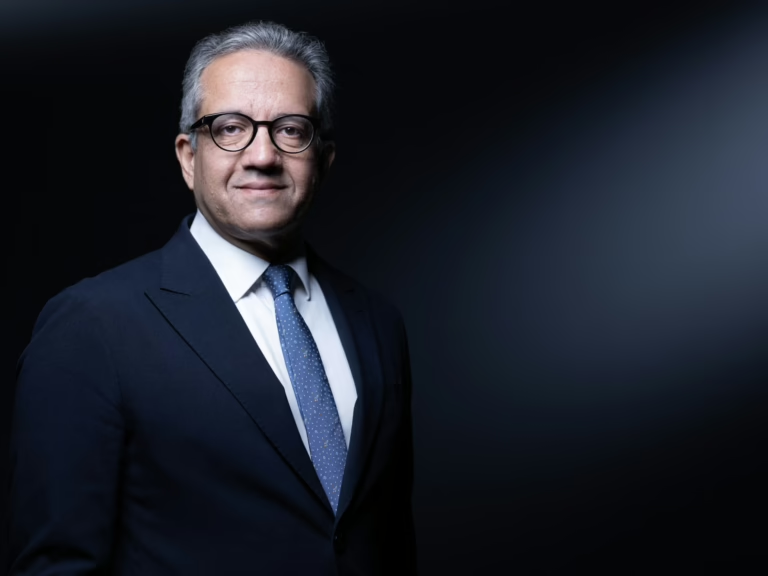Khaled el-Enany, Egyptologist and former antiquities minister, poised to become the first Arab leader of UNESCO.
The United Nations Educational, Scientific and Cultural Organization (UNESCO) board has put forward Egypt’s Khaled el-Enany as its prospective director-general, ahead of the agency’s general conference scheduled for next month.
Should his appointment be confirmed, el-Enany-a distinguished Egyptology professor at Helwan University in Cairo and former minister of tourism and antiquities-will make history as the first Arab to head the UN agency responsible for state-women-special-seats/” title=”Nguroje Champions Creation of Sardauna … and Advocates Special Seats for Women Empowerment”>safeguarding cultural heritage and fostering international collaboration in education and science.
El-Enany secured the nomination after a competitive race that included candidates such as Firmin Edouard Matoko from the Democratic Republic of Congo. Gabriela Ramos of Mexico had also been a contender but withdrew earlier this year.
The UNESCO board, representing 58 of the organization’s 194 member countries, is expected to finalize the appointment during the upcoming general assembly in Uzbekistan.
He will succeed Audrey Azoulay, France’s former culture minister, who has led UNESCO since 2017. Azoulay notably spearheaded efforts to restore Mosul’s ancient heritage sites following their destruction amid conflicts involving ISIL and coalition forces.
El-Enany’s nomination arrives at a time when UNESCO faces ongoing political complexities, particularly in its mission to identify and protect cultural landmarks threatened by warfare, environmental degradation, and climate change.
Moreover, the organization is bracing for an 8% budget reduction by the end of 2026, coinciding with the United States’ planned withdrawal and cessation of funding. This marks the second occasion the US has exited UNESCO, initially protesting the admission of the State of Palestine as a member in 2011.
Palestine holds the status of a Permanent Observer State at the UN General Assembly, where over 80% of member nations support its full membership.
US State Department spokesperson Tammy Bruce justified the withdrawal by citing concerns that Palestine’s membership has “fueled anti-Israel sentiment within UNESCO.” Israel itself departed from the organization at the close of 2018.
In the context of ongoing conflict, UNESCO has been remotely assessing damage to cultural sites in the Gaza Strip since October 7, 2023. It has confirmed harm to 110 locations, including 13 religious sites, 77 historically or artistically significant buildings, three repositories of movable cultural artifacts, nine monuments, one museum, and seven archaeological sites.
At 54 years old, el-Enany’s career began as a tour guide at Egypt’s ancient monuments. He later earned a doctorate in France and gained renown as an Egyptologist before entering public service.
He served as Egypt’s minister of antiquities and subsequently as minister of tourism under President Abdel Fattah el-Sisi from 2016 until 2022.
President el-Sisi hailed el-Enany’s nomination as a “historic milestone” that enriches Egypt’s diplomatic and cultural legacy, as well as the accomplishments of Arab and African nations.
During his ministerial tenure, el-Enany initiated major tourism ventures, including the establishment of the National Museum of Egyptian Civilization in Cairo and the restoration of the Jewish Temple, alongside numerous archaeological discoveries that revitalized Egypt’s struggling tourism industry.
Looking ahead, el-Enany is expected to prioritize UNESCO’s cultural initiatives and has committed to advancing the organization’s efforts against anti-Semitism and religious intolerance, according to reports from the Associated Press.




















